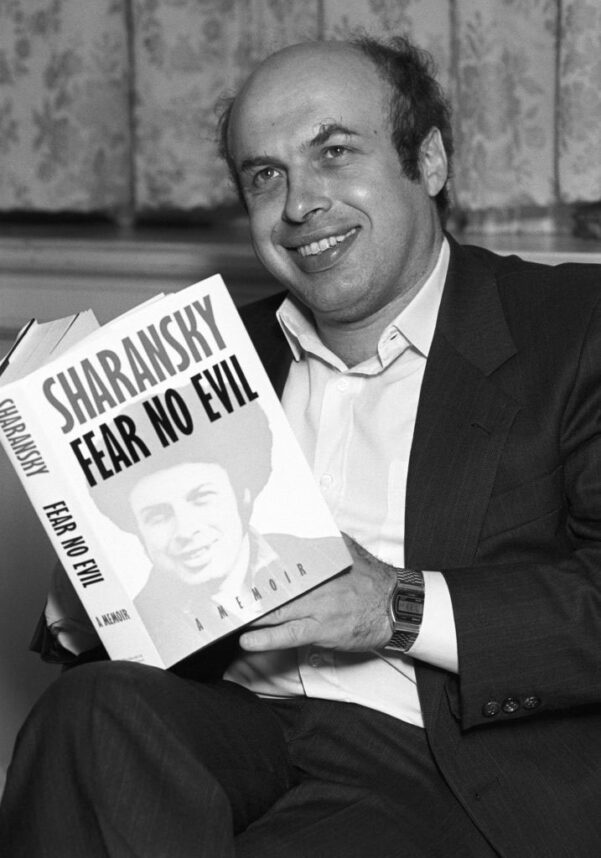The Room
Irving Brecher, 91-year-old wannabe-stand-up comic, is nervous. The Doctors Emeritus Society of Cedars-Sinai is at the buffet in the Harvey Morse room, a conference hall where the old practitioners gather every month to hear specialists on subjects like pain control. Sometimes a marine biologist will discuss Darwin.
Brecher wrote Marx Brothers movies. His stories are about Harpo playing golf without pants.
“When do we get started?” today’s guest lecturer wants to know.
“After everybody stops going up for more,” Dr. Frederick Kahn tells Brecher in a soothing tone. Kahn has been friends with Brecher for 50 years. He is almost 80 and coordinates emeritus events.
“Sometimes we’ll bring a gerontologist in from one of the universities,” Kahn says. “They scare hell out of these old guys.”
“Irv has such a brilliant mind,” says the great comedian Jan Murray. “But he worries about material.”
Murray is 88, and here with his doctor to see his friend perform.
Even before the movies, Brecher wrote gags for radio and vaudeville. He wrote for Milton Berle and George Burns and created the golden-age sitcoms “The Life of Riley” and “People’s Choice.”
“This is the biggest crowd we’ve ever had,” says Sylvia Stern of the Emeritus Society, mentioning Dr. Jack Matloff the famous cardiologist and Dr. Bernard Strauss the famous urologist.
Asked about his contribution as a Jew to medicine, Brecher offers this riposte: “The money I spent in pharmacies?”
“I love Irv and respect him as a great artisan,” Murray says. “What is he worried? He’ll kill ’em for crissake.”
He’s seen Brecher in action at numerous tributes and benefits. Murray tells Norma, Brecher’s wife, that he will now do to Brecher what Berle used to do to him: “Sit right up front. First row. When I played New York, I’d go out and I’d see Berle sitting in the first row, and I wanted to die from nerves. I was a kid! Here is a guy right in front of me I know knows every joke, knows everything. And instead of worrying about the audience of maybe 800 people, I’m worrying about this yontz here.”
“How are you, Jan?” Stern asks.
“I’m all right,” Murray says. “I passed away three days ago.”
Murray doesn’t do stand-up anymore.
“I’m retired about five years,” he informs us. “I developed asthma. So for about 10 minutes I’m all right and then I’m gasping. You can’t ask the public to spend money to see an old Jew gasping for breath on the stage. It’s not nice.”
The Routine
“His friend Groucho Marx called him, ‘The wicked wit of the west,'” announces Kahn in introducing Brecher. “He’s performed for the Friars Club and Hillcrest….”
“Talk into the microphone!” Brecher motions at him. Frail and with vision problems from glaucoma, Brecher takes a few minutes to make his way up onto the portable gray rostrum. Shooing away an offer of a stool, he stands holding the jokes he’s scrawled in black Magic Marker on 5-by-7 cards.
“I got here today with a walker,” Brecher begins. “This is progress. The last time I was at Cedars I was on a gurney.”
Silence.
“Obviously now you know my vision is not great,” he continues. “My eyesight is so bad, this morning I couldn’t find my hearing aid.”
“You, I’ve been told are the emeriti. Once I was introduced as so-and-so ‘the dean emeritus of comedy.’ I didn’t really care for that. To me, emeritus means you’re outta work. And a dean out of work has lost his faculties.”
Can they hear him? A single loud guffaw flies from Murray in the front row.
“Hillcrest is famous for its comedians, its food and its old members,” Brecher says of the club. “George Jessel had said, ‘The average age at Hillcrest is dead.’ I joined 61 years ago. One of the reasons I enjoyed it was the weird members. There was a pawnbroker named Manny who was so tough. Once a starving actor came into the club and asked for help. Manny gave him an appetite suppressant. He was really tough. He had one charity: the Jewish Home for the Aging. Each year he gave them two aging Jews.”
Nothing.
“By the way,” Brecher leans into the microphone. “Is this the Harvey Morse room or the Harvey Morgue room?”
He pushes at his flash cards. He isn’t killing, he feels like the blind leading the deaf. Finally, he does his material on Viagra and Palm Springs, too dirty for this newspaper. He thanks the doctors for their “so-called attention.” And that’s it. Brecher’s a brave man.
The Reviews
“That was very good,” says Kahn offering an arm. “They really did enjoy it.”
“No they didn’t,” Brecher says.
“Yes they did.”
“Well, they’re half-asleep and half-senile,” Brecher says.
“They didn’t understand some of the humor.”
“They didn’t? It was in English!”
But Brecher remains semi-sanguine.
“The nice thing about speaking to a group of doctors after a week of working on the material,” he concludes. “The audience is sedated and you can use it the next time.”
Hank Rosenfeld tells stories on “Weekend America,” a new syndicated radio show from KPCC 89.3 FM. In November, Irv Brecher celebrates the 60th anniversary of his adapted screenplay “Meet Me in St. Louis.”






















 More news and opinions than at a Shabbat dinner, right in your inbox.
More news and opinions than at a Shabbat dinner, right in your inbox.